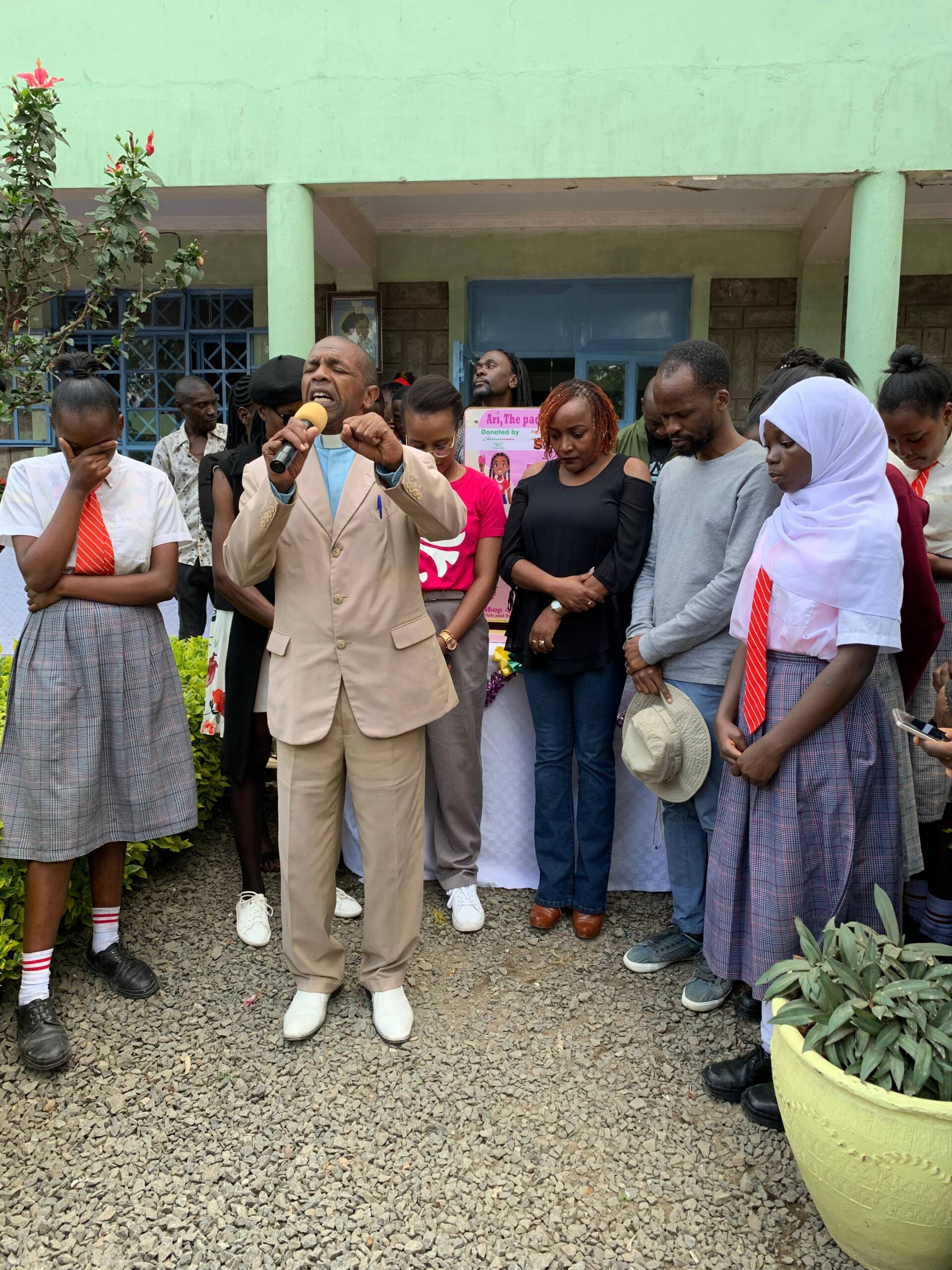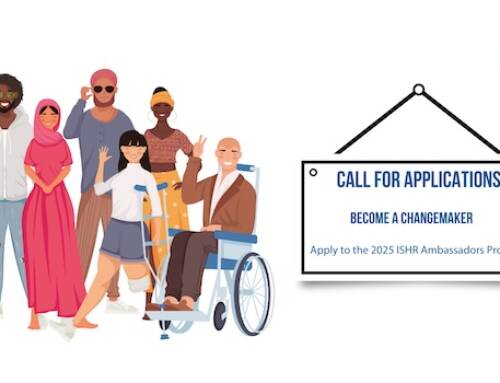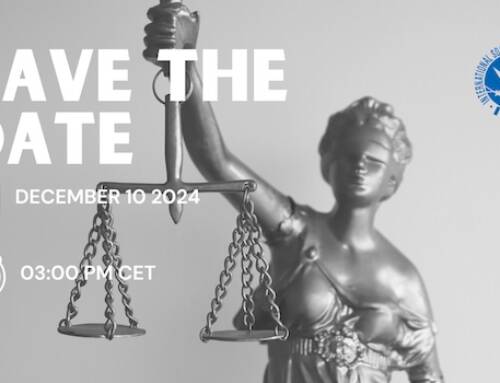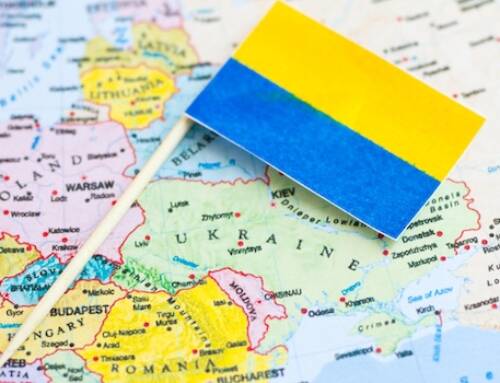Kenya

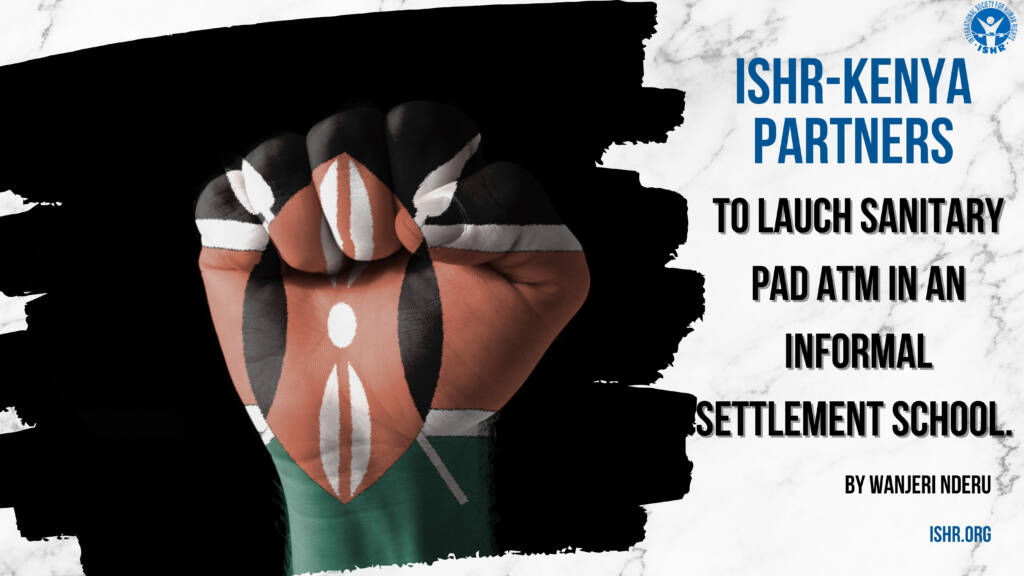
ISHR Kenya partners to launch sanitary PAD-ATM in an informal settlement school
With an estimated population of over 25 million Kenyans living in poverty, period poverty is an everyday occurrence as many households prioritize food for their families and daily survival needs. Monthly periods for women and girls therefore take a back seat as more urgent needs are attended to.
Buying a pack of sanitary towels in Kenya currently costs slightly less than one Euro, which is not affordable to millions of Kenyan girls. Though period poverty is observed all over the country, its effects are felt more in the various slums/informal settlements scattered around Nairobi, Kenya’s capital city.
In our quest for period justice for all, ISHR-Kenya chapter was honoured to preside over the launch of a Menstrual Health Support Project within one of Nairobi’s largest informal settlements, on 31st of May 2024. The event was held at a school called Dandora Girls High School that houses over 1000 girls who come from the nearby majorly poor neighbourhood. The ISHR team comprised Wanjeri Nderu who was the guest of honour, Martin Musiime from Uganda and two ISHR ambassadors based in Nairobi Annah Ashaba(Uganda) and Teddy Odira (Kenya). The initiative was organized by a community-based organization called Slum Sanaa which means Art in the Slums.
During the event, which was also attended by local area government officials, a sanitary pad automated machine dispenser was installed for use by the girls within the school. Each girl was supplied with a smart card that allows them to access a maximum of eight sanitary pads a month from the machine. This aims to provide essential menstrual hygiene products to the girls who in most cases have to miss school on the days they experience their menses for not being able to afford sanitary towels. The project was put together with funds from well-wishers, ISHR-Kenya volunteers and other partners.
Most of the girls present described the launch as a miracle for they now had hopes of uninterrupted school days and dignified menstrual periods.
For many girls who live in informal settlements, affording a pack of pads is beyond their reach. This has seen an increase in the number of defilers and pedophiles as many of them the girls are taken advantage of by older men who entice them into sexual relations in exchange for meagre funds that they then use to buy sanitary products. This has exposed many of these poor girls to the risk of contracting sexually transmitted diseases like HIV-Aids and unwanted pregnancies that force them to drop out of school thus increasing the number of teen mothers in the slums: pushing them further down the poverty line. Those who can’t afford sanitary pads but do not want to miss school are forced to use pieces of mattress, tissues and old clothes.
ISHR-Kenya chapter, though proud of this milestone still has the challenge of ensuring the supply of pads inside the ATM is constant and hopefully take part in installing more PAD ATMs in poor neighbourhoods within Nairobi’s slums.
The installation of the ATM PAD also unfortunately exposed the ISHR-Kenya president to threats from individuals who have politicised period poverty for personal gain. Some of the high-level individuals who profit from campaigns and funding around period justice felt exposed because the launch had the public questioning how the millions of euros donated to ensure Kenyan girls are dignified through supply of sanitary products in schools are utilized.
On the day of the launch, the Kenyan government through the Cabinet Secretary in the ministry of Gender, Culture, the Arts and Heritage made an announcement to commit to ensuring period justice for all Kenyan girls. ISHR-Kenya hopes that the government finally takes this issue seriously and gives it the attention it deserves.
Knowing how slowly promised action by government offices is effected, and with the millions of girls in urgent need of this support, ISHR-Kenya invites the support of the international ISHR family in providing funding to buy more PAD ATMs and specifically sanitary towels to the already installed ATM that is currently serving the 1000 girls of Dandora high school.
Wanjeri Nderu
President ISHR-Kenya






